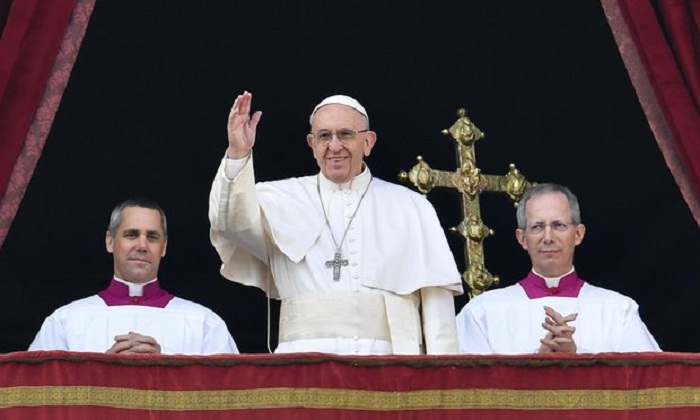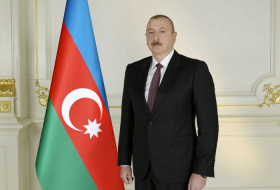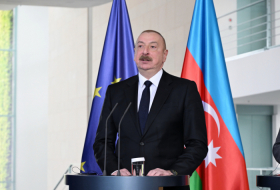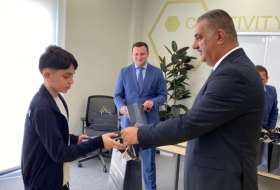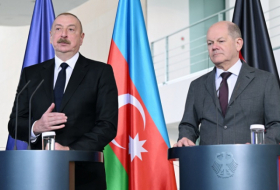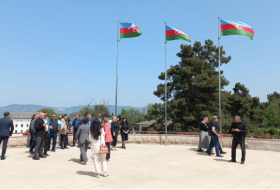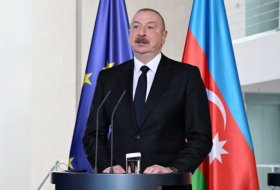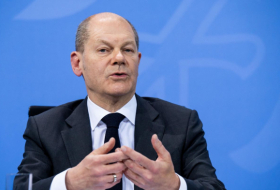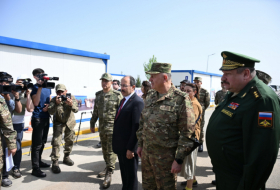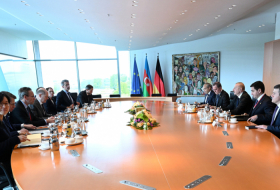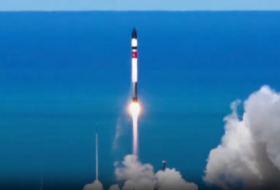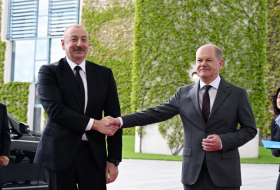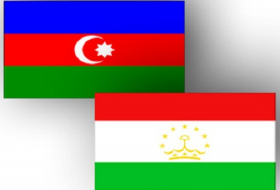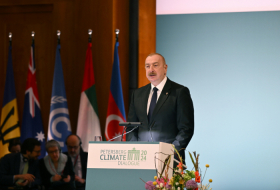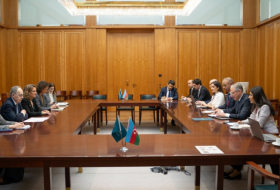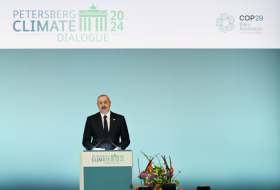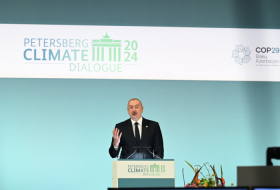At the close of a year that has seen repeated acts of terrorism – and amid tight security around the Vatican – Francis wished peace “to those who have lost a person dear to them as a result of brutal acts of terrorism, and to those who have sown fear and death into the hearts of so many countries and cities”.
Syria topped the pope’s long checklist of countries that have been plagued by war and suffering over the past year. “Far too much blood has been spilled,” he said.
The pontiff added: “Above all, in the city of Aleppo, site of the most awful battles in recent weeks, it is most urgent that assistance and support be guaranteed to the exhausted civil populace, with respect for humanitarian law. It is time for weapons to be stilled forever, and the international community to actively seek a negotiated solution so that civil coexistence can be restored in the country.”
He called on Israelis and Palestinians to “have the courage and the determination to write a new page of history, where hate and revenge give way to the will to build together a future of mutual understanding and harmony”.
The pope called for peace, unity and dialogue in Iraq, Libya, Yemen, Nigeria, South Sudan and the Democratic Republic of the Congo. There was an “urgent need to put into practice commitments” made in eastern Ukraine, he added.
He urged harmony in Colombia, “which seeks to embark on a new and courageous path of dialogue and reconciliation”, and courage for Venezuela “to undertake the necessary steps to put an end to current tensions”.
Turning to Asia, he spoke of the need for protection and humanitarian assistance in Myanmar, and the need for “a renewed spirit of cooperation” to overcome tensions on the Korean peninsula.
The pope also sent a message of peace to “our abandoned and excluded brothers and sisters, to those that suffer hunger and to all the victims of violence. Peace to exiles, migrants and refugees, to all those who in our day are subject to human trafficking.
“Peace to the people who suffer because of the economic ambitions of the few, because of the sheer greed and the idolatry of money, which leads to slavery. Peace to those affected by social and economic unrest, and to those who endure the consequences of earthquakes or other natural catastrophes.”
Children got a special mention, “above all those deprived of the joys of childhood because of hunger, wars or the selfishness of adults”.
Earlier, in his Christmas Eve homily, Francis said that Christmas had been “taken hostage” by a dazzling materialism that blinded many to the needs of the hungry, the migrants and the war-weary.
A world often obsessed with gifts, feasting and self-centredness needed more humility. “If we want to celebrate Christmas authentically, we need to contemplate this sign: the fragile simplicity of a small newborn, the meekness of where he lies, the tender affection of the swaddling clothes. God is there,” the pontiff said.
Many in the wealthy world had to be reminded that the message of Christmas was humility, simplicity and mystery.
“Jesus was born rejected by some and regarded by many others with indifference,” he said.
“Today, also the same indifference can exist, when Christmas becomes a feast where the protagonists are ourselves, rather than Jesus; when the lights of commerce cast the light of God into the shadows; when we are concerned for gifts, but cold toward those who are marginalised.”
He then added in unscripted remarks: “This worldliness has taken Christmas hostage. It needs to be freed.”
At Canterbury Cathedral, Justin Welby, the head of the Church of England, spoke of uncertainty, anxiety and fear in the world, and warned against putting trust in the wrong things and values in the wrong place.
“The end of 2016 finds us all in a different kind of world, one less predictable and certain, which feels more awash with fear and division,” said the archbishop of Canterbury and leader of the worldwide Anglican communion.
He told worshippers: “Uncertainty in the midst of so much, but far from universal, prosperity is a sign of our trust being in the wrong things. It tells us that our values are in the wrong place …
“Economic progress, technological progress, communication progress hasn’t resulted in economic justice. It hasn’t delivered glory for us.”
Nigel Farage, the former Ukip leader, attracted criticism after attacking Welby’s Christmas message on Twitter. He wrote: “Merry Christmas. Ignore all negative messages from the Archbishop of Canterbury and have a great day!”
Cardinal Vincent Nichols, the archbishop of Westminster and leader of the Catholic church in England and Wales, also addressed the challenges of the past year in his midnight mass homily at Westminster Cathedral.
He quoted WB Yeats’s 1919 poem, The Second Coming: “Things fall apart, the centre cannot hold / Mere anarchy is loosed upon the world.”
These words, Nichols told the congregation, “reflect the deep and widening sense of uncertainty many feel today. This is not the time or place to reflect on reasons or causes, but it is right to recognise these anxieties and fears.”
Referring to the lowly shepherds who found a place by Jesus’s crib in Bethlehem, the cardinal said: “In our thoughts, prayers and actions, there has to be room for the poor of our time so that they too may know this respect and concern. The list of those seeking our welcome is long: the homeless, the refugee, the victim of violence and human trafficking. Their voices call out for our compassion.”
Nichols also highlighted the needs and uncertainties facing those caring for elderly parents and relatives. “They are so frightened that resources to meet the basic needs of their loved ones are being withdrawn as care services are reviewed and reduced. For many elderly and needy people not only are these basic needs sometimes left unmet, but human contact disappears and the darkness of loneliness closes in.
“Meeting this challenge requires a recognition that good care for the elderly and vulnerable is not only important but nothing less than a defining characteristic of our society,” he said.
In the face of anxiety about the “current instability in economic prospects and in the effectiveness of political structures”, people should “strive for truth, respect, compassion and forgiveness”, he said.
Earlier this week, the Prince of Wales also warned about disturbing trends in 2016. “We are now seeing the rise of many populist groups across the world that are increasingly aggressive to those who adhere to a minority faith. All of this has deeply disturbing echoes of the dark days of the 1930s,” Prince Charles said on the Radio 4 Today programme’s Thought for the Day slot.
“That nearly 70 years later we should still be seeing such evil persecution is to me beyond all belief,” he said. “We owe it to those who suffered and died so horribly not to repeat the horrors of the past.”
More about:








